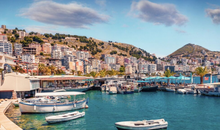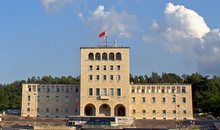
 Flash News
Flash News
Fire in Lura, flames endanger the National Park
International drug search: 36-year-old arrested in Durrës (NAME)
Veliaj's appeal to be heard today in the High Court
Today's hearing at the Fier Court, Salianji requests conditional release
Taxi collides with truck on Lezhë-Shkodër axis, driver taken to Trauma in serious condition
Face-to-face meetings/, the top European diplomat hosts Kurti and Vucic for the first time

For the first time in the capacity of the head of the foreign policy of the European Union, Kaja Kallas, welcomes the Prime Minister of Kosovo, Albin Kurti, and the President of Serbia, Aleksandar Vucic, in Brussels today.
The meetings, however, will be held separately and will not be part of the dialogue for the normalization of relations between Kosovo and Serbia, which is mediated by the EU.
They take place a few days after an explosion in the critical channel of Ibër-Lepenci - the northern part of Kosovo - from where water is supplied to several cities and thermal power plants of the country.
Kosovo blamed Serbia for the attack, but Serbia denied any responsibility and condemned it.
The EU, on the other hand, described it as a "terrorist attack" against Kosovo's critical infrastructure and invited everyone to cooperate in finding the perpetrators responsible.
Kallas, former prime minister of Estonia, started the five-year mandate of the European chief diplomat from December 1.
In this task, she will also be responsible for mediating the dialogue for the normalization of relations between Kosovo and Serbia.
The process, which started as early as 2011, went through three of her predecessors – Catherine Ashton, Federica Mogherini and Josep Borrell – but produced few results towards the final goal.
Dozens of agreements were reached, but few of them were implemented on the ground. Kurti and Vucic met for the last time in September 2023.
A few days after that meeting, the attack happened in Banjska, where armed groups of Serbs attacked the Kosovo Police and killed a policeman.
An attempt by former mediator Borrell to sit down the two leaders at the end of June was unsuccessful, as Kurti issued several conditions for the meeting - among them, the surrender of the former Kosovo Serb politician, Millan Radoicic, who accepted responsibility for the attack in Banjska.
What will be the approach of Kallas towards the dialogue between Kosovo and Serbia now, not much is known. Last month, she appeared at a hearing before the European Parliament, but said nothing concrete about the process.
Her presentation focused more on the war in Ukraine and conflicts in the Middle East.
Analysts with whom Radio Free Europe spoke earlier expressed surprise at the lack of attention to the dialogue, saying that the "potential for instability" in the Western Balkans region "is quite high".
"The EU does not have the luxury of putting aside the dialogue between Kosovo and Serbia for a long time," said Leon Hartwell, senior fellow at LSE IDEAS - London School of Economics.
In the time of rapid geopolitical developments, according to him, Kallas does not focus on maintaining the status quo.
To move the process forward, he said Kallas could push the five non-recognizing EU countries – Greece, Slovakia, Spain, Cyprus and Romania – to recognize Kosovo and, in this way, pressure Serbia to waived the refusal to recognize her.
In a meeting with the president of Kosovo, Vjosa Osmani, in 2021, the then Estonian prime minister emphasized the need to improve relations between Kosovo and Serbia, saying that a secure Western Balkans "is in the interest of all of Europe".
At that time, she also said that Estonia supports Kosovo towards European integration and that the key to success are "reforms, the fight against corruption and organized crime, as well as ensuring recognition of citizenship by five EU countries".
In 2022 and 2023, Kallas also met with Kurt in Tallinn, Estonia.
In those meetings, she thanked Kurti that Kosovo has lined up alongside the EU in sanctioning Russia for its war in Ukraine, while Kurti thanked him for the support given to Kosovo in state building.
Whether today's meetings in Brussels will give any signal about the course that Kallas will follow in the dialogue between Kosovo and Serbia, remains to be seen.
Both countries have long been clear that the normalization of relations is a condition for them to progress towards EU integration./REL/
Latest news

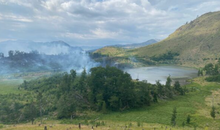
Fire in Lura, flames endanger the National Park
2025-07-08 10:53:43
Trump warns of 35% tariffs on Serbia and 30% on Bosnia and Herzegovina
2025-07-08 10:37:32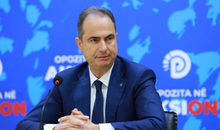
Thethi rooster and the dung cock
2025-07-08 10:24:01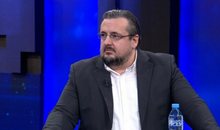

Fire in Dukat endangers Llogara National Park
2025-07-08 10:01:39
International drug search: 36-year-old arrested in Durrës (NAME)
2025-07-08 09:50:48
Thethi, tourists "criticize" modern trend
2025-07-08 09:39:54
Fire on Mount Dukat still active, Llogara National Park at risk
2025-07-08 09:28:12
Veliaj's appeal to be heard today in the High Court
2025-07-08 09:16:02
"Bad sign for democracy"/ Parliament neglects reporting by institutions
2025-07-08 09:04:56
Today's hearing at the Fier Court, Salianji requests conditional release
2025-07-08 08:56:39
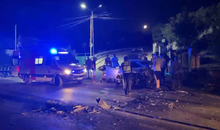

Horoscope, what do the stars have in store for you today?
2025-07-08 08:16:19
Weather forecast/ How temperatures will vary throughout the day
2025-07-08 08:02:37
Morning Post/ In 2 lines: What mattered yesterday in Albania
2025-07-08 07:48:30
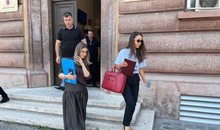
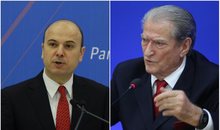
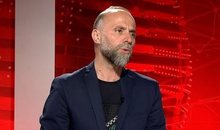
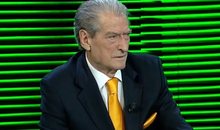

Marrëdhënia që s’është romancë, por s’është as thjesht kolegiale
2025-07-07 21:39:13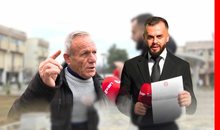
Citizen is asked to pay 2.5 million for a non-existent meter
2025-07-07 21:28:03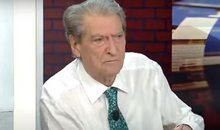

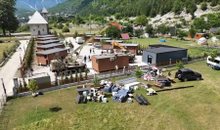
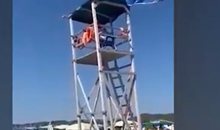

What is the ideal air conditioner temperature in summer?
2025-07-07 20:53:46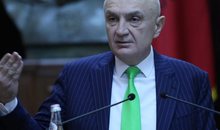
GJKKO left him in prison, Meta appeals the decision
2025-07-07 20:38:05
Where is Ronaldo after missing Diogo Jota's funeral?
2025-07-07 20:38:04

Messages from the author who killed Ilaria Sulla in Rome are revealed
2025-07-07 20:20:12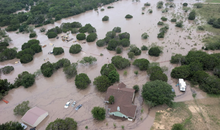
At least 91 dead in Texas floods
2025-07-07 20:12:02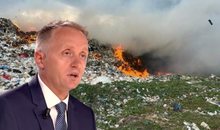
Elbasan, choked by smoke, scorched by conscience
2025-07-07 19:48:16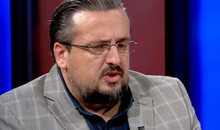

Swarm of bees attacks citizens in France, 24 people end up in hospital
2025-07-07 19:32:03
Dementia/Hearing loss may be a warning sign
2025-07-07 19:13:06
The decision for Malltez, Gjokutaj: Boomerang for SPAK and the Court
2025-07-07 19:01:08
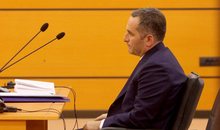
Former Supreme Court member acquitted of asset concealment
2025-07-07 18:36:40

WIIW expert in Politiko: Brain drain is steadily weakening the Albanian economy
2025-07-07 18:11:41
Heart health is at risk from extreme heat, here's what you should be careful of
2025-07-07 18:10:18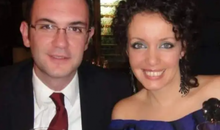
Today Gert Bogdani would celebrate, Edlira Çepani's touching dedication
2025-07-07 17:40:45
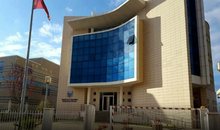


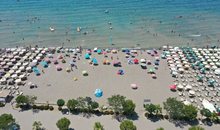
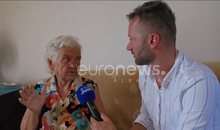

The striker severely accuses the Fenerbahce club: They tried to drug me
2025-07-07 16:21:03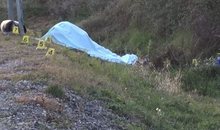
A decomposed body is found in Kolonjë, initial suspicions
2025-07-07 16:03:31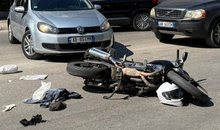
Accident in Saranda, car hits motorcycle, one injured
2025-07-07 15:58:56

The most fertile age for men and women
2025-07-07 15:40:52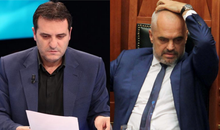
Locals, Rama candidate in 5 municipalities
2025-07-07 15:32:22
Blushi: Meta's criminal kidnapping, incomparable even to Navalny's in Russia
2025-07-07 15:20:34
Meet the iPhone 17 Pro, the main innovations in design and technology
2025-07-07 15:09:09
Why the release of Abi Malltez does not free him; much less Albania
2025-07-07 15:00:12
‘Lidhjet klienteliste’ të mjekëve mbushin recetat e pacientëve
2025-07-07 14:57:33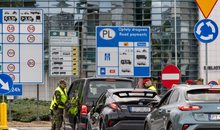
Poland imposes border controls with Germany and Lithuania
2025-07-07 14:48:15

Caught transporting firearms from Kosovo to Albania, young man arrested (NAME)
2025-07-07 14:37:47
Theo Hernandez flies to Saudi Arabia for medical check-ups
2025-07-07 14:26:47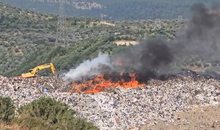
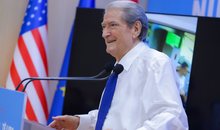

Scorching heat, Greece orders mandatory work holidays
2025-07-07 13:54:25

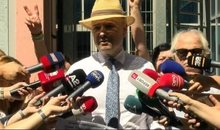
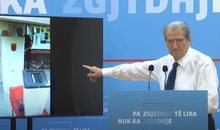
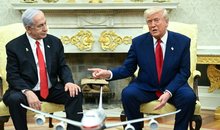
Trump expects Netanyahu to discuss Gaza ceasefire
2025-07-07 12:54:27
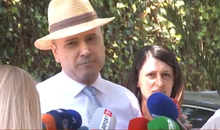
GJKKO releases Jamarbër Malltezi from house arrest
2025-07-07 12:35:02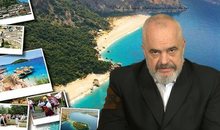
Tourism among contrasts
2025-07-07 12:31:01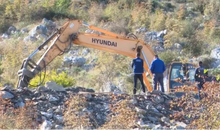
IKMT action in Theth, starts demolition of unauthorized constructions
2025-07-07 12:24:18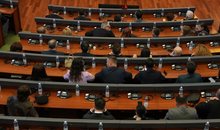
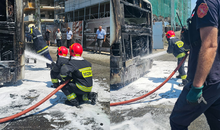
The Tirana-Kamëz line is destroyed by urban fire
2025-07-07 12:00:24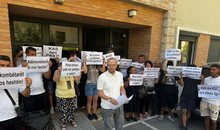
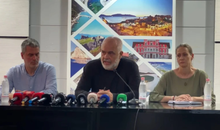

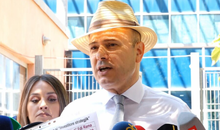
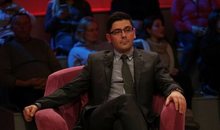
Poor direction!
2025-07-07 11:16:01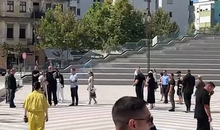
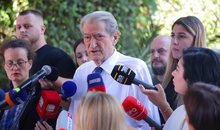

Rama to gather the country's mayors on July 9
2025-07-07 10:43:31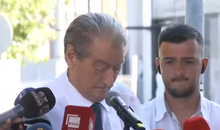
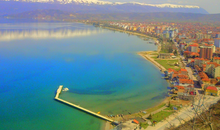
Ohrid Natural Park on the way to UNESCO's "black list"
2025-07-07 10:25:58

Registrations for the new school year begin in e-Albania
2025-07-07 09:59:09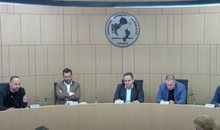
KAS decides the "fate" of the elections in four districts of the country today
2025-07-07 09:50:51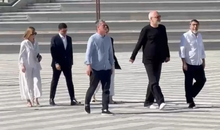
Rama does not give up on Vlora, visits the municipality again
2025-07-07 09:39:11
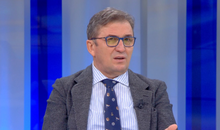

Fires in Gjirokastra, flames very close to cultural monuments
2025-07-07 09:12:49

Foreign exchange, the rate at which foreign currencies are sold and bought
2025-07-07 08:39:57